The term “Metaverse” is one of the most contentious themes of the 21st century.
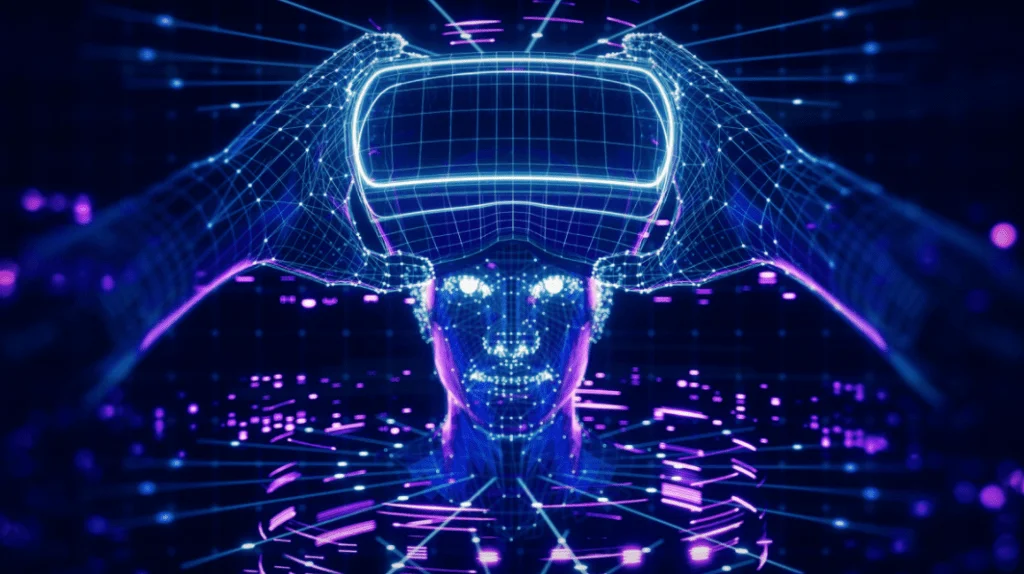
Quite a number of people, including those in the tech world are befuddled by the advent of this new technology. Virtual reality, bitcoin, blockchain, artificial intelligence, and a slew of other tech buzzwords are all familiar to most people, but metaverse isn’t. Although few people are familiar with the word metaverse, Mark Zuckerberg stated on October 28, 2021, that Facebook will now be known as the Meta Platform or just Meta.
This sparked controversy as it came as a surprise to many, but not all as Metaverse has actually been talked about years before Mark’s announcement. Meta was first mentioned in a 1992 novel by Neal Stephenson. Surprisingly, Facebook’s share price rose by more than 9% after this announcement, making their share price two times more than what Nasdaq has done
Source: Nasdaq Stats
Understanding Metaverse
What is the metaverse in its simplest terms? Simply expressed, the term refers to a world (paywall) in which our daily lives transcend a single reality and contain elements of virtual reality. It has evolved to include virtual reality experiences, augmented reality efforts, and other digital simulations that have become ubiquitous in the modern day.
Additionally, it will be persistent, much like the rest of the world. When you return to a metaverse space, you will not be required to start over. And, like with real life, it will contain all of the activities you would want to do with other people: attend concerts and other events, play games, socialize, date, and, yes, work and shop.
To be quite clear, though, the metaverse does not exist – at the moment, however, they are metaverse movies and TV series that would help you better understand what the metaverse is.
15 Movies and TV series that help with understanding Metaverse
These 15 movies and TV series would give you an idea of what Metaverse actually means.
Snow Crash (1992)
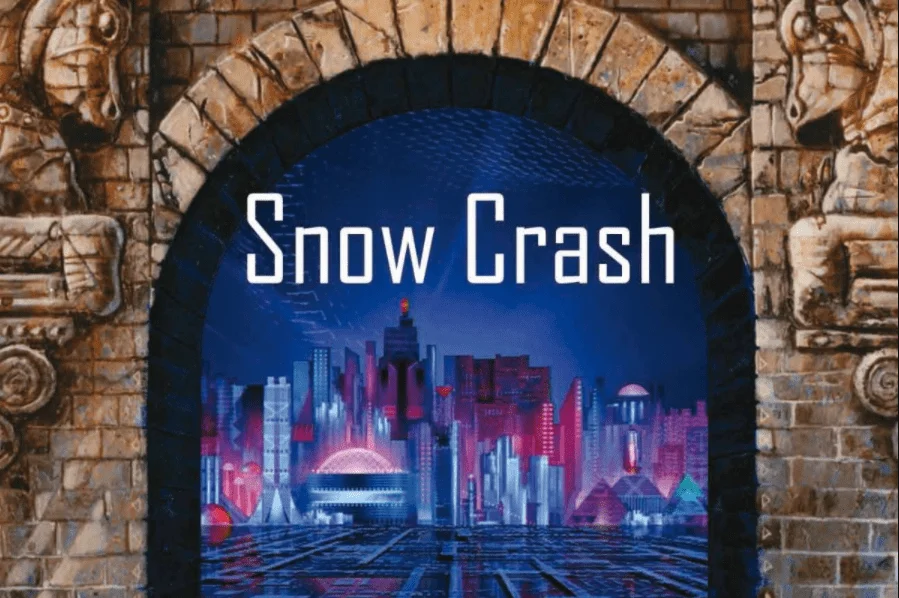
The term “metaverse” – a combination of meta (meaning beyond) and the universe – is commonly ascribed to Neal Stephenson’s classic science fiction novel. Snow Crash imagines a 21st century in which giant corporations have more power than countries (sound familiar? ), and humans connect to a shared virtual space where they can interact with each other as digital avatars.
It was written years before humans communicating with each other online became commonplace. It has had such an impact that Stephenson has been engaged as a futurist by real firms like Blue Origin and Magic Leap.
Free-guy (2021)
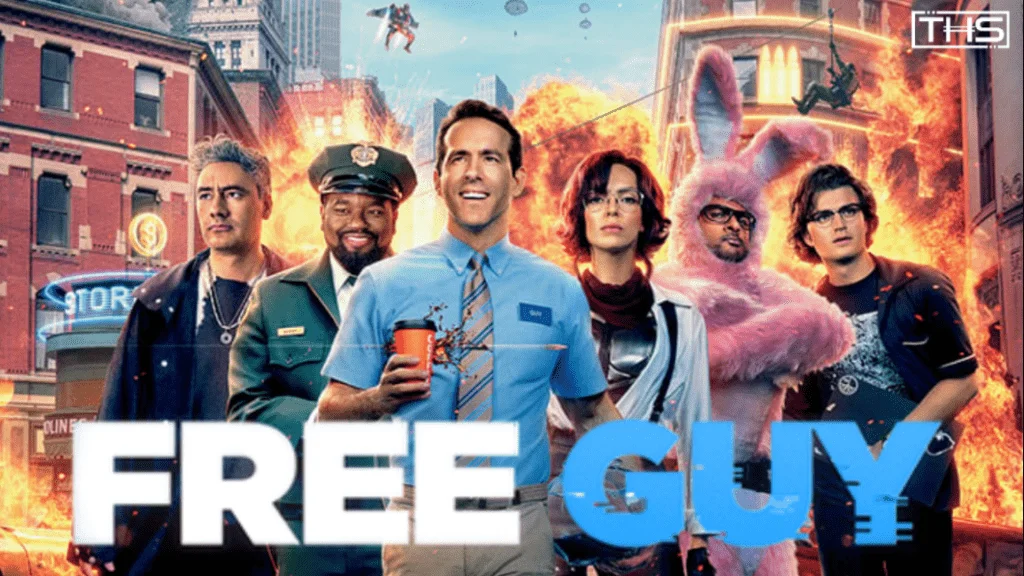
Ryan Reynolds plays Guy, a bank teller who realizes he is a non-player character in an open-world computer game and becomes the story’s hero, attempting to save his pals from deletion by the game’s developer.
Wreck-it Ralph (2012)
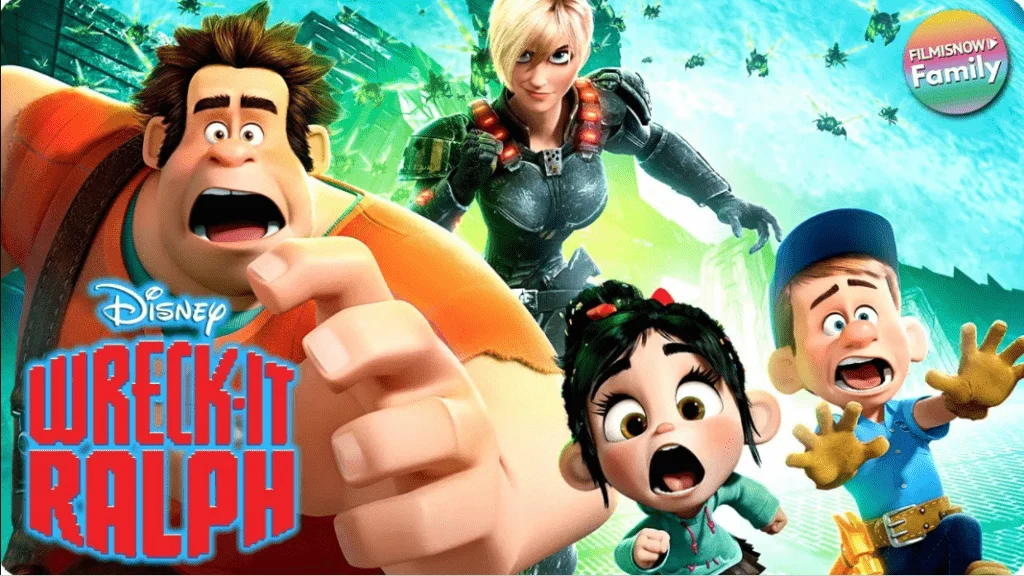
When they’re not running, leaping, and shooting for the enjoyment of the user, what do videogame characters do? This Disney cartoon resembles a blend of Tron and Toy Story in that it has a slew of appearances from well-known gaming figures, ranging from Q*Bert to the Street Fighter cast. When the arcade machines are turned off at night, all of the characters congregate in complex cyberspace where zeros and ones take on solid, artistically beautiful forms.
The sequel will be released in 2018. Ralph Has a Breakdown Ralph and his best buddy Vanellope von Schweetz go on a shockingly risky online shopping excursion in the film The Internet, which takes a metaversal perspective to the internet.
Westworld (2016)
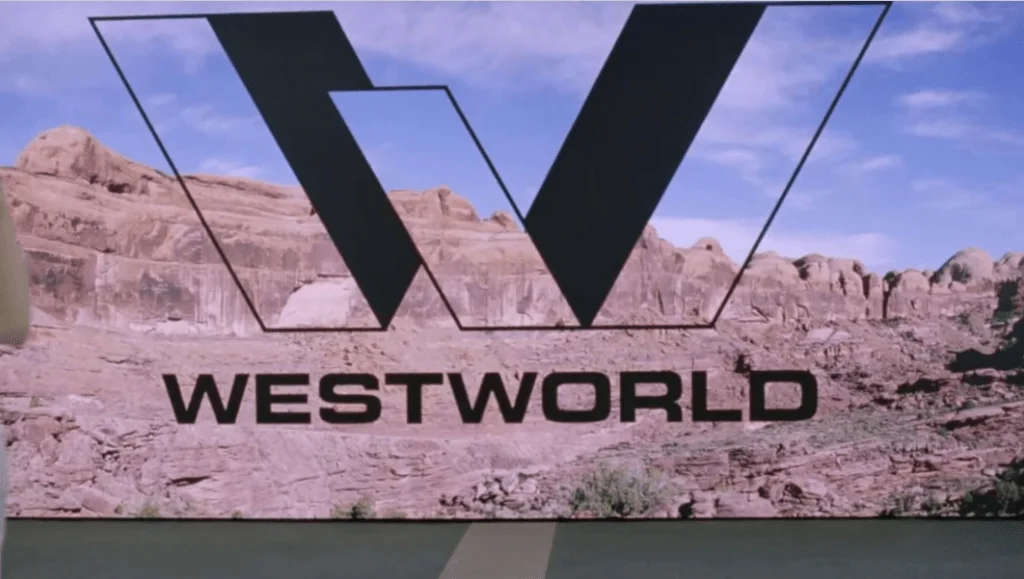
Westworld is an HBO original series that explores a vast amount of technological and sociological ground in its first season. It begins as a type of augmented reality — in which artificially intelligent robots are used to enhance the roleplaying experience of the players — and progresses from there.
However, it covers a wide range of topics, including concerns of consciousness and self-determination, free will, ethics, concepts of good and evil, and the implications of predictive artificial intelligence.
Tron (1982)
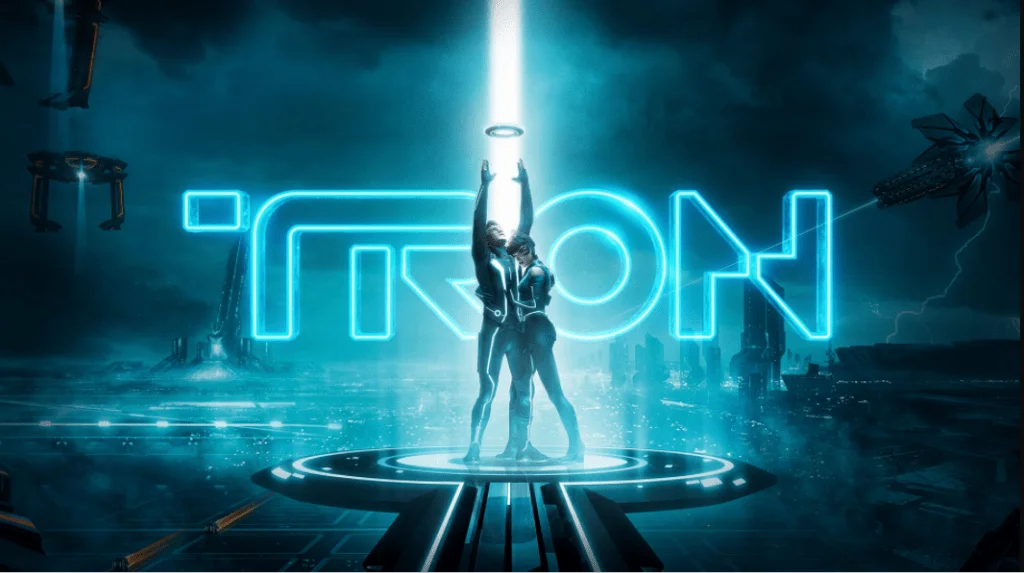
While Disney’s early-’80s adventure inside a computer mainframe is more renowned for its graphics than its story, it remains one of cinema’s most inventive explorations of a metaverse-like setting. When Kevin Flynn (Jeff Bridges) discovers that the Master Control Program of computing giant ENCOM is not fully trustworthy, the MCP converts him into computer code and imprisons him in cyberspace.
Why the interior of a computer would transform into a neon-drenched cosmos populated by warring sprites with a love for death-defying light cycle races remains a mystery, but the film does adhere to its own peculiar logic. And in the visually stunning – but emotionally bland – 2010 sequel Tron: Legacy, this technological society continues to evolve dramatically.
Matrix (1999)
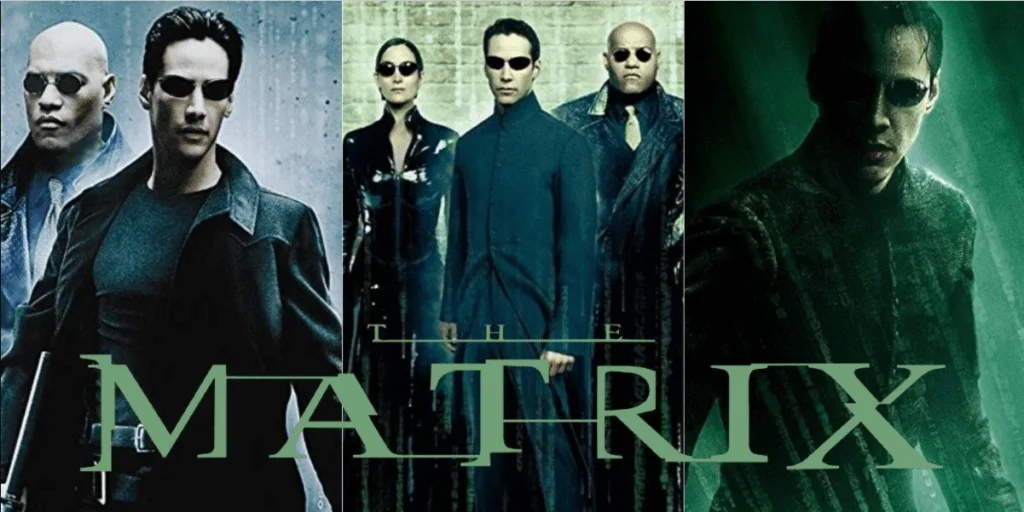
When the robots take over the world in The Terminator, you know they will not be happy until every single human being is exterminated. Their AI equivalents in The Matrix, on the other hand, transform humans into batteries while maintaining our docility within a complicated simulation.
Perhaps it reveals a great deal about the human race’s flaws that the Architect’s initial vision for a “perfect” society was a “monumental failure,” causing the robots to confine humanity in a reproduction of the late twentieth century when the Nokia 8110 “banana” phone is the height of chic.
And yet, for someone who genuinely knows what the Matrix is, there is a lot of possibility for defying the rules of physics – and advancing your kung-fu abilities.
Doctor Who: Silence In The Library & Forest Of The Dead (2008)
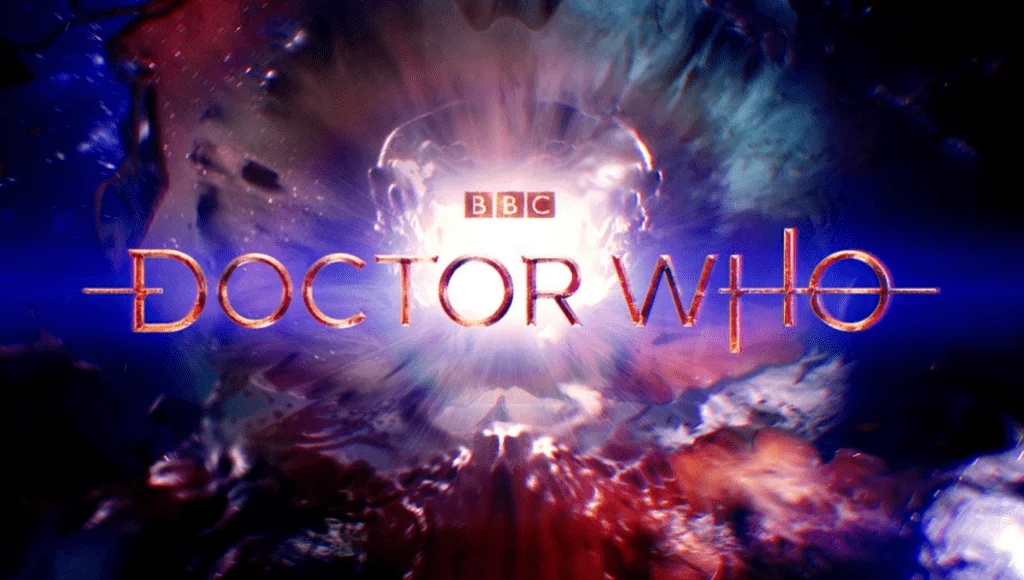
It’s no wonder that the TARDIS has taken a detour to the metaverse after over six decades of exploring every corner of time and space. The Doctor and his companion Donna Noble arrive in a 51st-century library that houses every piece of information in the universe – but is utterly vacant – in the two-parter “Silence In The Library”/”Forest Of The Dead,” starring David Tennant.
After flesh-eating shadows the Vashta Nerada took up residence, it finds out that the computer’s hard drive “saved” the humans into a virtual paradise. River Song, the time traveller who goes on to have a back-and-forth relationship with the Doctor, is buried in this literary metaverse.
Black Mirror (2011)
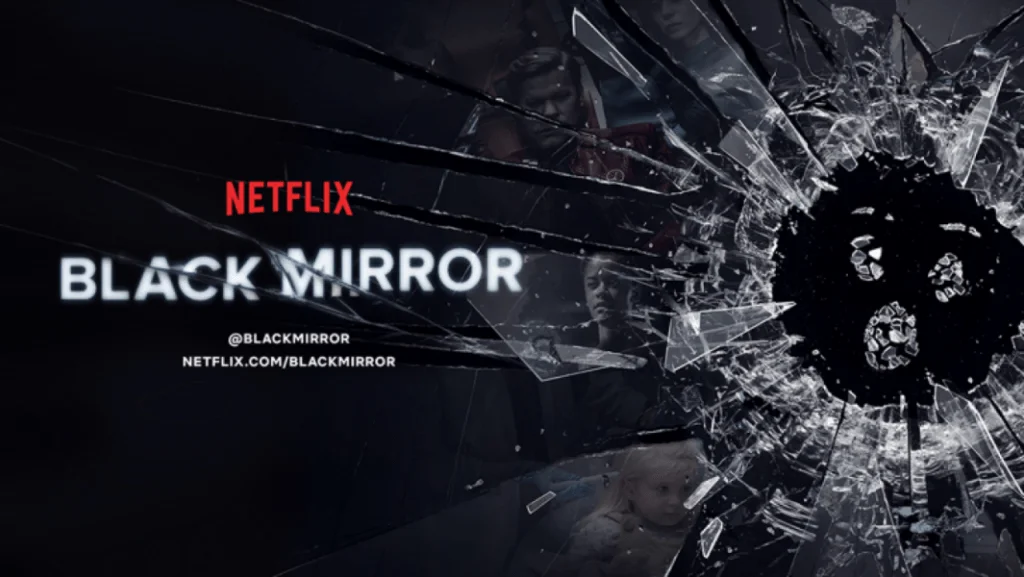
Few shows have addressed the possible prospects — and especially the dystopian horrors — that the metaverse’s technology may bring, save from Black Mirror (BBC; watch on Netflix in the US). Each episode of Black Mirror delves into a different aspect of metaverse technology, providing a fresh take on the classic Twilight Zone.
The episodes explore a different facet of the metaverse, such as artificial intelligence (AI), virtual reality (VR), or online human behaviour. But, to give you an idea of what the series has to offer, I’ve selected three in particular:
Ready Player One (2011/2018)
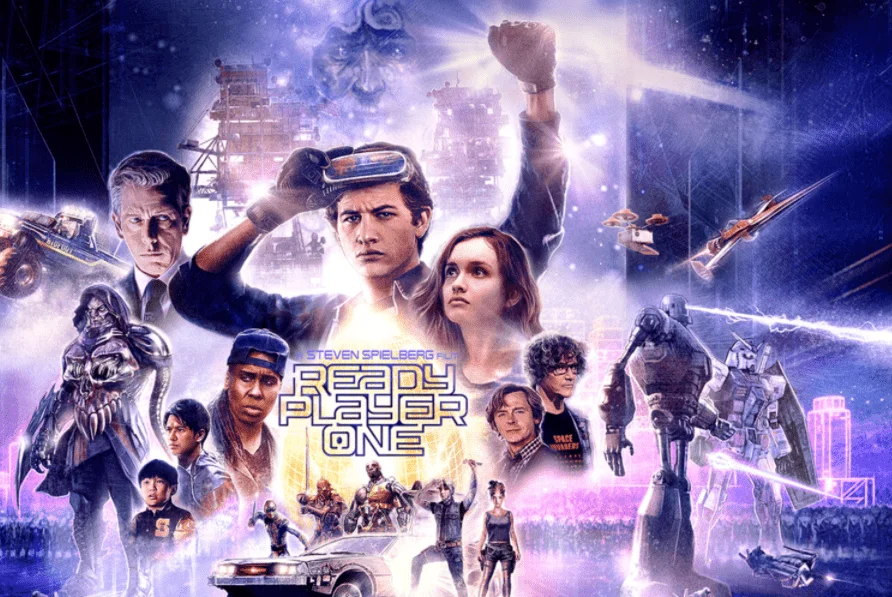
While the human species is compelled to live in the metaverse in The Matrix, they choose to spend their time in a virtual reality simulation in the bestselling 2011 novel Ready Player One. It’s simple to see why, given that the OASIS (Ontologically Anthropocentric Sensory Immersive Simulation) – essentially a fully immersive evolution of the internet – allows you to do and be almost anything you can imagine.
It’s also an occasion for the ultimate geek culture festival, as an intricate quest established by the OASIS’ late founder, James Halliday, has the entire world nerding out on D&D and Monty Python. In 2018, Steven Spielberg adapted the novel into a film but omitted the book’s numerous connections to his own work.
Upload (2020)

Upload is an Amazon Original series about human consciousness being uploaded to a metaverse afterlife. A number of commercial service companies vie for your business.
Unlike episodes of Black Mirror (such as San Junipero), which dealt with comparable topics in a more serious tone, this series explores what occurs in a dystopia with free-to-play gaming mechanics and other aspects of the contemporary internet world. In terms of satire, it’s both amusing and unsettling.
Altered Carbon (2018)
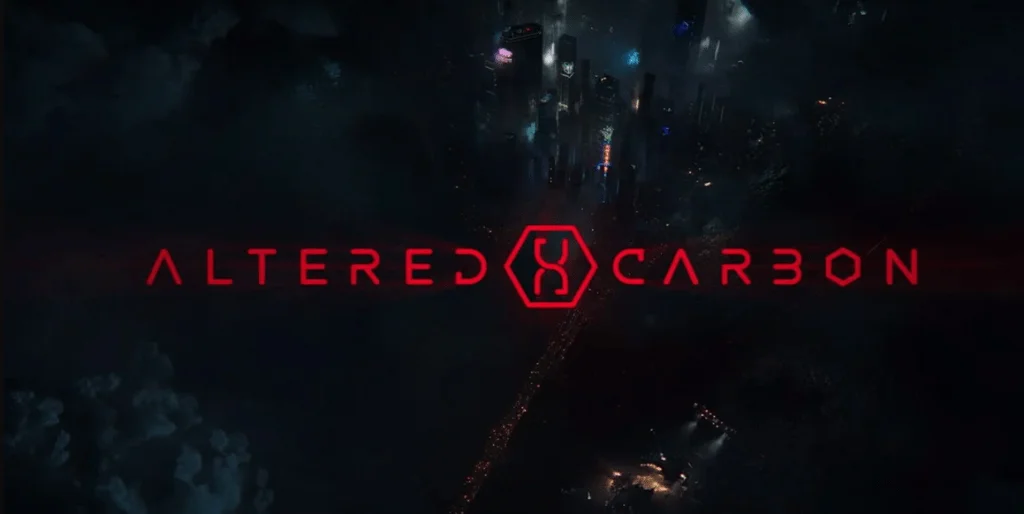
Altered Carbon is based on Richard K. Morgan’s novel of the same name from 2002. It is set in a world where consciousness may be transferred between bodies. The series’ first season is set in the year 2384. Altered Carbon examines the relationship between memory and physicality, rebranding human skin as sleeves and storing memories on a hard drive implanted in the back of our neck.
Rosewater (2018)
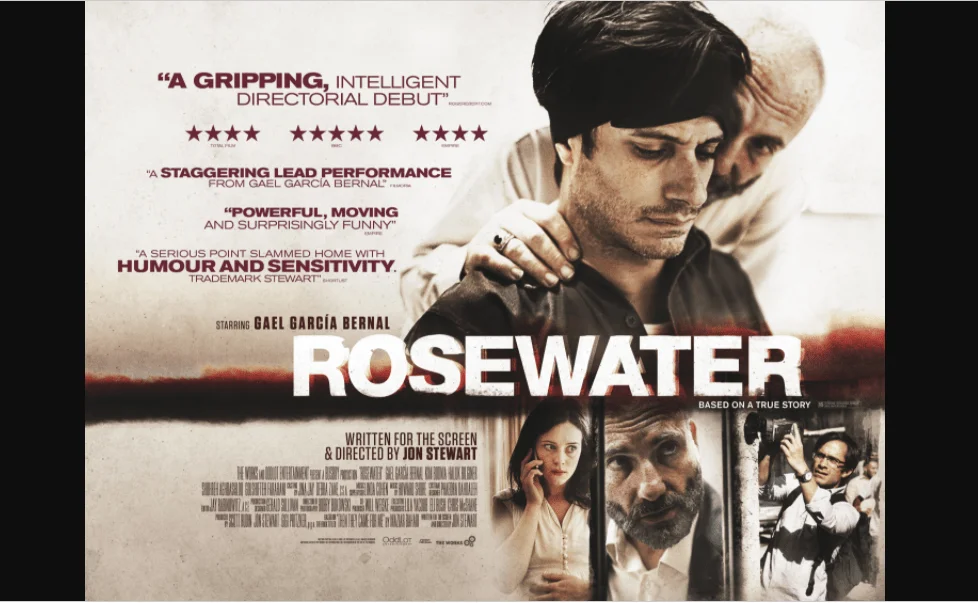
Although our present conceptions of the internet are built on microchips and cables, this will not always be the case — Tade Thompson’s Arthur C Clarke Award-winning Rosewater (and its sequels The Rosewater Insurgency and The Rosewater Redemption) envisage something a bit more telepathic.
The series is set in Nigeria in 2066, following the arrival of a race of aliens that don’t communicate in the traditional sense, instead of creating the “xenosphere,” a communications network made out of fungus spores. In a highly creative picture of a shared metaverse, certain people are known as “sensitives” gain the capacity to reach this telepathic cloud.
Mr Robot (2015)
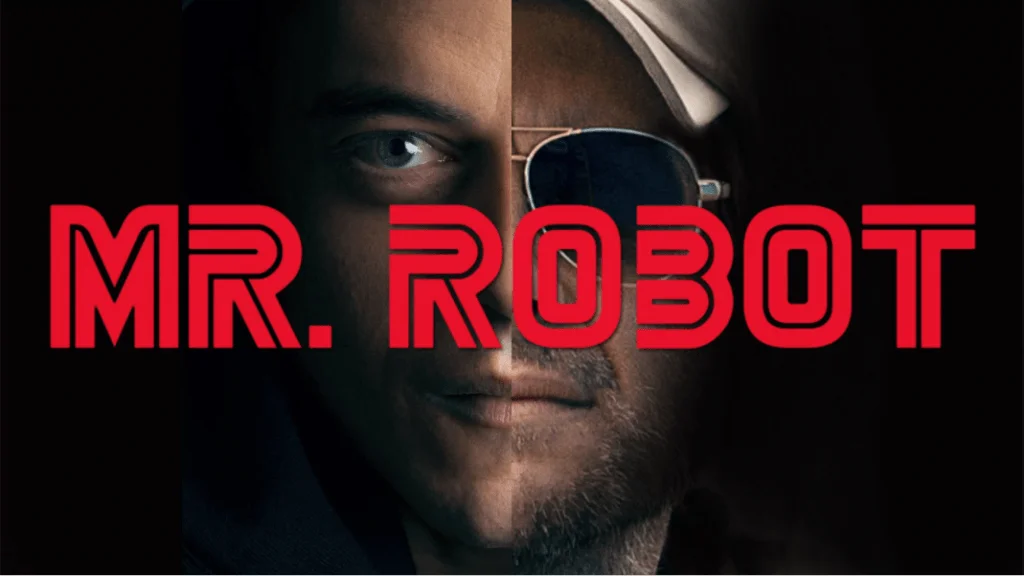
Mr Robot is an American drama thriller television series created by Sam Esmail for USA Network. It is based on the allegiance of Elliot, a cyber security programmer by day and a hacker at night. Elliot’s loyalty is called into doubt when the head of the underground hacking gang asks him to take down the business where he works.
This series explores cyber security, hidden organizations, subjective experience, the nature of money, and the possible instability of our capitalist system.
Person of Interest (2011)
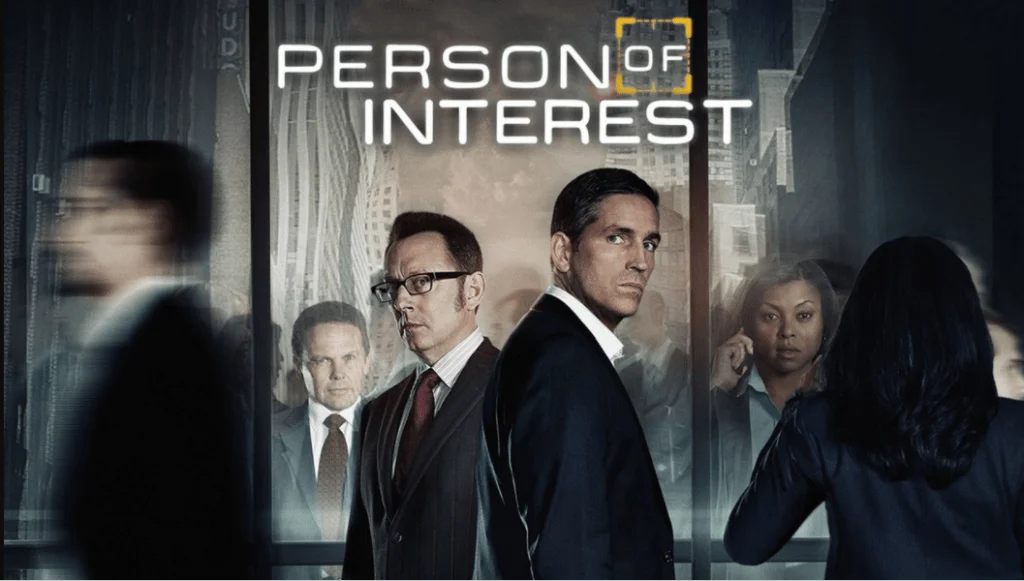
Person of Interest is a CBS science fiction criminal drama series set in the United States. The show follows millionaire Harold Finch, who has a computer that can predict who will be killed when they will be killed, and how to avoid it. Harold can follow, discover, and eliminate practically anybody in the globe by tapping into their phones, computers, and even auto systems, thanks to an advanced security system.
Mythic Quest (2020)
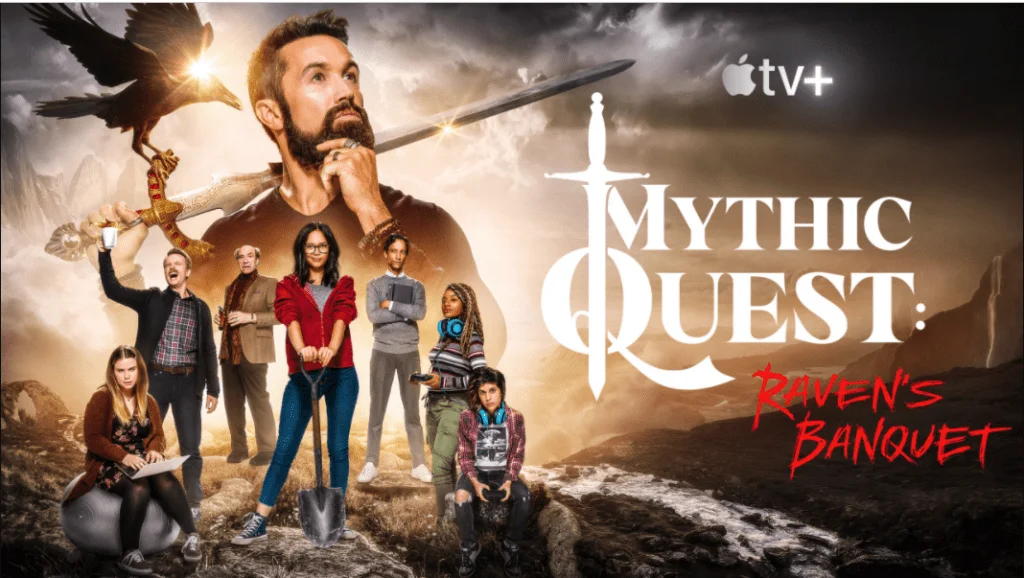
Mythic Quest is an Apple TV original series that follows the gaming company behind the Mythic Quest MMORPG. Mythic Quest shines a light on the underlying work of the game studio setting and illustrates how reality affects the virtual while offering a comedic perspective on the world of video games.
Mythic Quest examines how these worlds mirror one other, from office politics to online Nazis, live streaming “influencers,” and uncomfortably close-to-reality descriptions of the game production process.
Bottomline
A new version of the internet is being developed, and it will have far-reaching societal repercussions. Professionals in marketing, communications, and branding will confront new problems as well as new possibilities. This new metaverse age will unleash incredible creativity and provide brands and enterprises with new territories and possibilities. The concern now is, how are you preparing?
